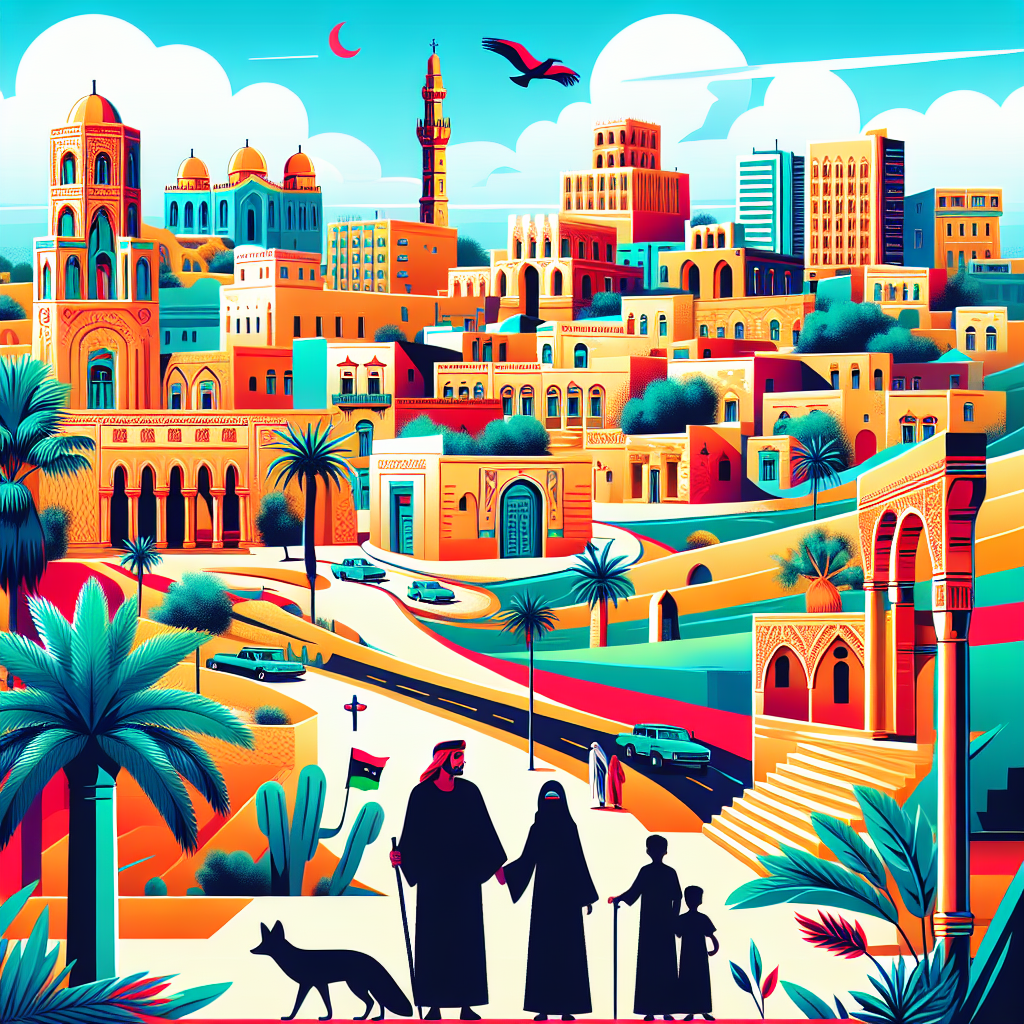U.N. Efforts to Resolve Libya's Central Bank Crisis Resume
The U.N. mission in Libya is resuming talks between factions to resolve the central bank crisis that threatens the country’s stability. Libya's legislative bodies have agreed to appoint a central bank governor. The Presidential Council’s intervention in politics has spurred further complications. Major warfare ended with a 2020 ceasefire, but divisions remain.

The U.N. mission in Libya will resume facilitating talks between factions in Tripoli on Wednesday, aiming to resolve the central bank crisis that has severely cut oil production and threatened four years of relative stability.
This month, Libya's two legislative bodies—the House of Representatives in Benghazi and the High Council of State in Tripoli—agreed to jointly appoint a central bank governor, which could defuse the battle over control of the country's oil revenue. Libya's central bank is the sole legal repository for oil revenue and pays state salaries nationwide.
Consultations between the legislative bodies were expected to conclude on Monday, with an agreement on a governor nominee and a board of directions within 30 days, after extending negotiations by five days last week. The U.N., emphasizing the urgency of reaching a consensual solution, agreed to resume talks with both legislative bodies and the Presidential Council.
The Presidential Council, based in Tripoli, rarely intervened directly in politics until its head, Mohammed al-Menfi, sought to replace veteran central bank Governor Sadiq al-Kabir in August, leading eastern factions to halt oil flows in protest. Since a 2011 NATO-backed uprising, Libya has experienced little peace, splitting in 2014 between eastern and western factions. Major warfare ended with a ceasefire in 2020, yet divisions persist.
Both the House of Representatives and the High State Council were internationally recognized in a 2015 political agreement, despite backing opposing sides during much of Libya's conflict.
(With inputs from agencies.)
ALSO READ
Hardeep Puri Assures Ethanol Price Stability, Highlights India's Biofuel Successes
New Mandates for Ukrainian Refugees in Polish Schools: A Step Towards Stability
Market Stability and Economic Indicators Shape Investor Sentiment
Tyagi Vows Loyalty to Nitish Kumar, Comments on Modi Government's Stability
IAEA Expands Support for Ukraine's Nuclear Safety Amid Conflict and Energy Instability










